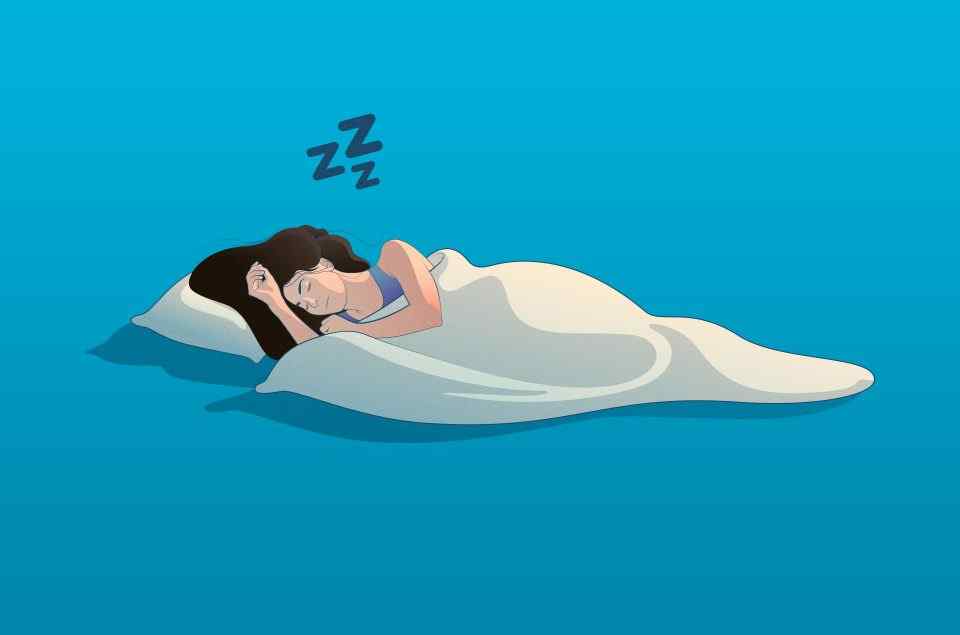Do you have a hard time sleeping? Do you find yourself battling to fall asleep and cannot stay asleep? The NIH (National Institute of Health) suggests that 1 in 3 adults do not get the recommended amount of sleep, adding that stress exacerbates the problem.

According to the NIH research, an adult should get roughly 7 – 8 hours of sleep every night to stay healthy physically, mentally, and emotionally. Sleeping for that amount of time also helps lower the risk of injury. Below are some expert tips on how to ensure that you get a good night’s slumber.
1). Create and stick to a sleep schedule, ensuring you go to bed at a set time each night. Also, get up at a predetermined time every morning, including the weekends.
2). Take a 20-minute nap in the afternoon, but avoid doing it after 3:00 p.m.
3). Avoid consuming foods and drinks that contain nicotine
4). Exercise regularly but ensure it is 2 – 3 hours before going to bed.
5). Eat light meals before bedtime
6). Keep the bedroom feeling comfy and cozy with a comfortable Avocado mattress; a dark and quiet setting that is not too cold or warm is ideal.
7). Find something that will help you relax before sleeping. It can be listening to soothing music, taking a warm bath, or read.
8). Turn off the screen, and this includes the TV, laptop, and smartphone. Avoid using these gadgets an hour before bed.
9). Avoid lying in bed, awake. If you find it hard to fall asleep after 20 – 30 minutes, get up, and engage in something that will keep you calm and ease you into slumberland. It can be reading or listening to music.
10). Talk to your doctor or health physician if you continue struggling with falling and staying asleep.
Teens And Healthy Sleep
Sleep problems have increasingly become a concern for many teenagers. Researchers say that the average teem should get around nine hours of sleep each night. Studies show that kids that do not get enough sleep tend to develop social problems, finding it hard to get along with others. They can be impulsive, angry, moody, sad, unmotivated, and depressed. They cannot be attentive, which will make them feel stressed and result in them getting lower grades.
For teens, the experts recommend the following ‘good sleep habits’:
- Avoiding TV, smartphone, laptop screens an hour before bedtime.
- Avoid burning the late-night oil, do not handle things at the last minute.
- Keep a diary in which you have a list of things to do before sleeping and must include what helps you de-stress.
- Extend your sleep by roughly 2 hours on weekend mornings.






